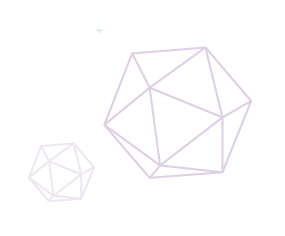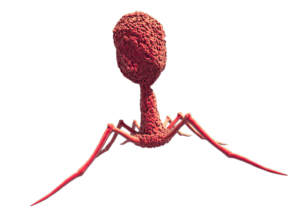TECHNOLOGY
Holistic infection treatment

Inteliphage has developed an holistic approach to deliver tailored treatment of complex infections within 24h, setting us apart in the fight bacterial infections.
This approach combines the following elements:
- Personalized Therapy combining wild-type phages from our GMP phage library (available on the shelf) and antibiotics (where possible) to overcome resistant infections
- Advanced Diagnostics using our proprietary Phagogram® (on-site susceptibility test) to identify optimal phage-antibiotic combinations for each patient, using cutting-edge screening tools, machine learning systems and AI
- Clinical Decision System providing Evidence-Driven recommendations of formulations and protocols validated by clinical evidence (RWE from registry, literature), focusing on last-resort patients, avoiding costly RCTs
- Scalable Solution: Covers major AMR bacteria with a limited, long-lasting phage library (GMP produced, available on the shelf) and minimal logistical complexity (compounding at the hospital for each patient).
Inteliphage integrated vision solves AMR like a puzzle, aligning science, technology, and logistics into a seamless, multidisciplinary strategy.
In summary
The specificity, safety, and efficacy of phage therapy position it as a groundbreaking approach in the fight against multi-drugs-resistant infections. As research advances and technologies improve, phage therapy stands poised to revolutionize the field of infection treatment.
